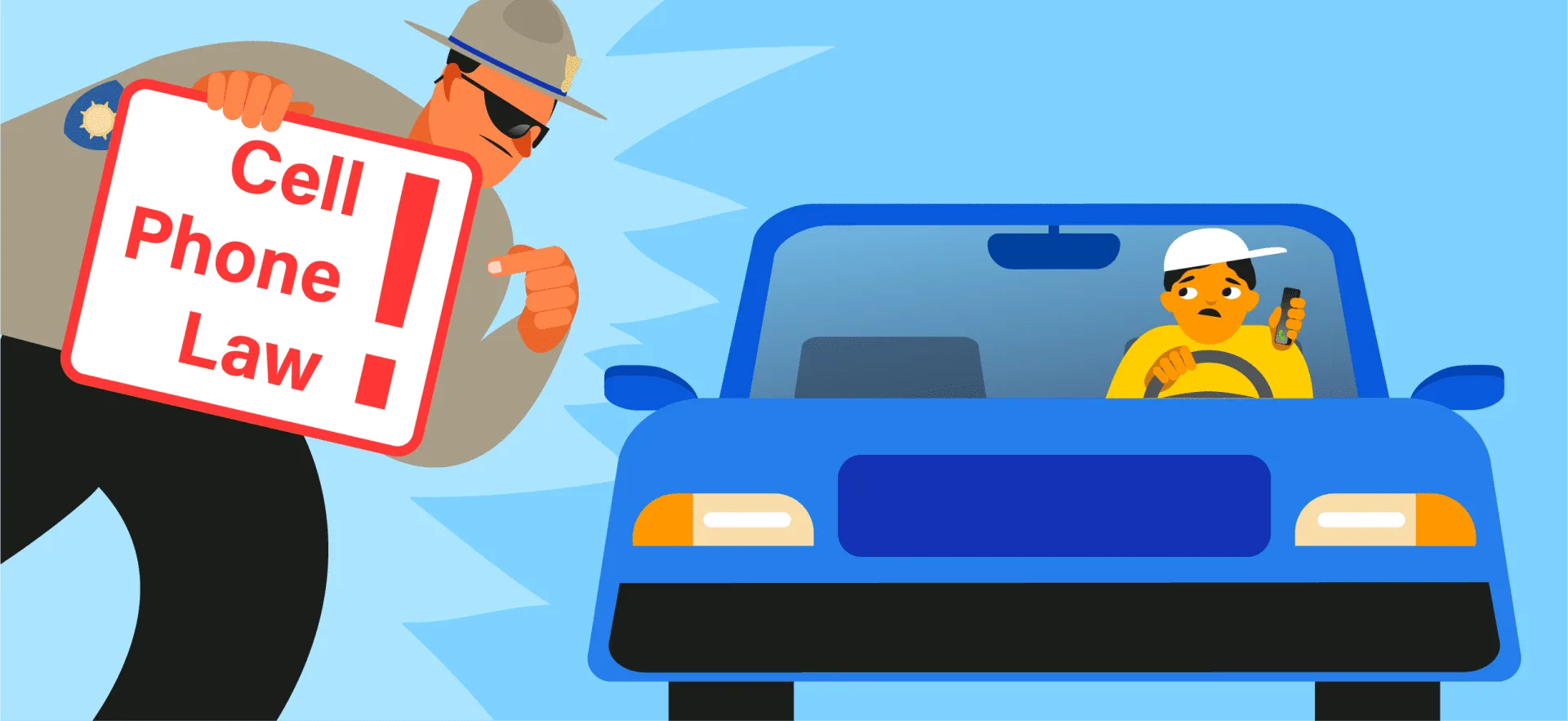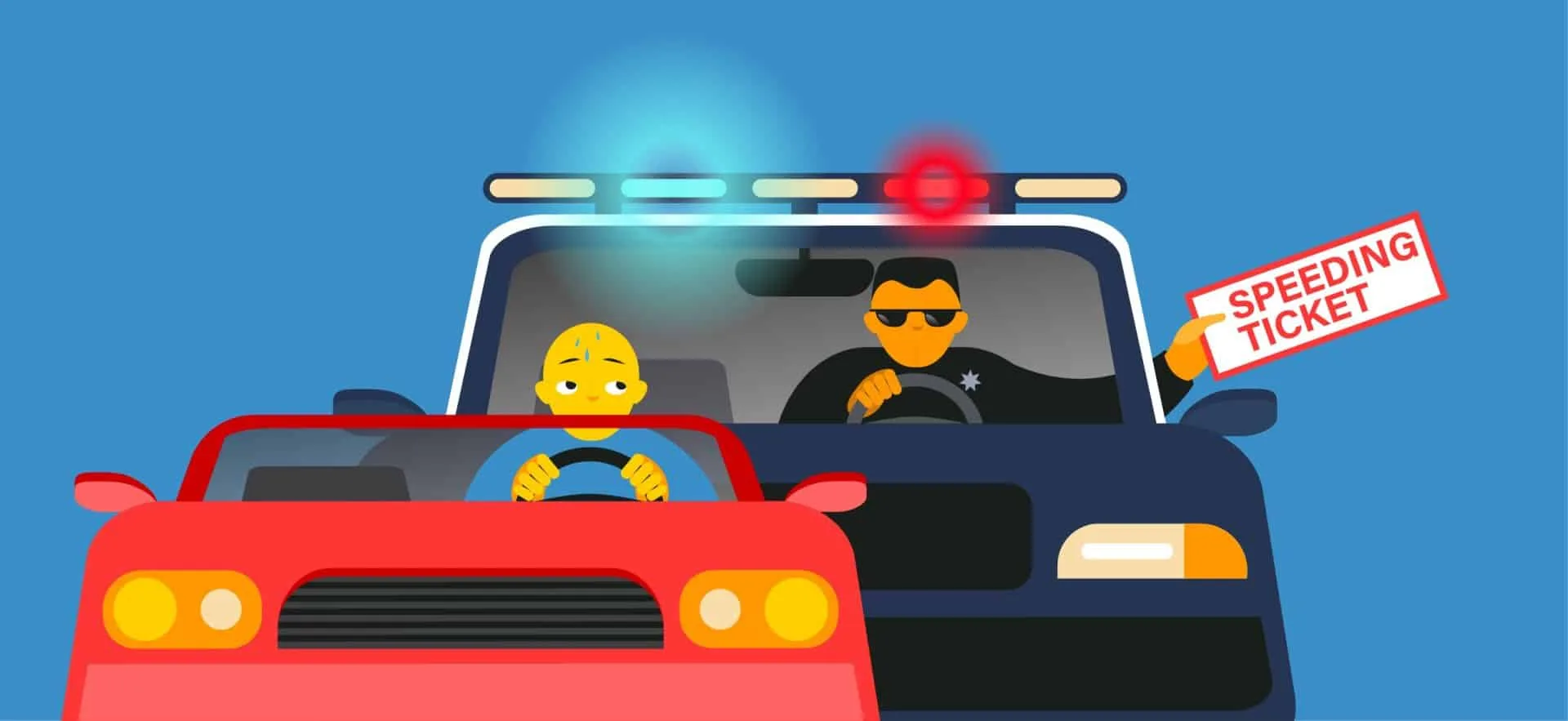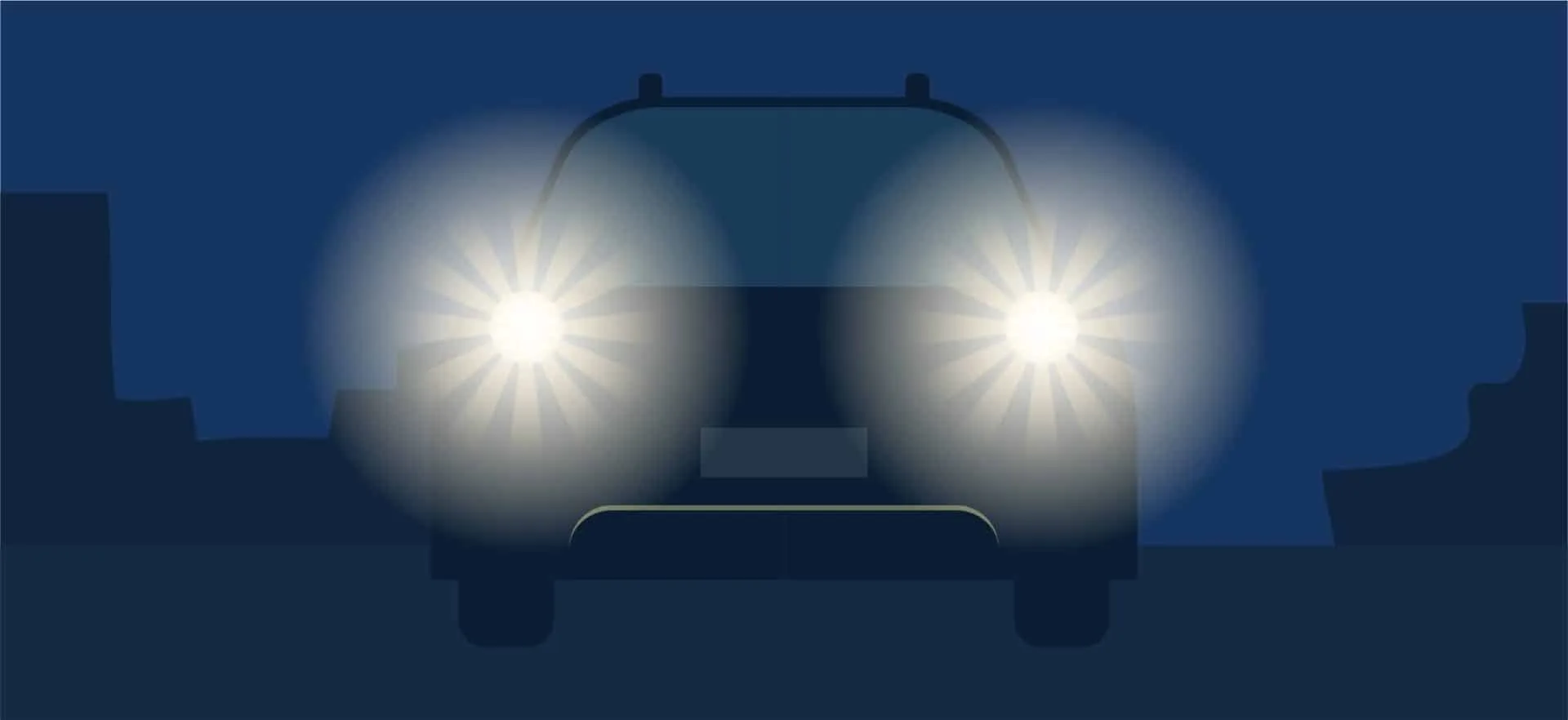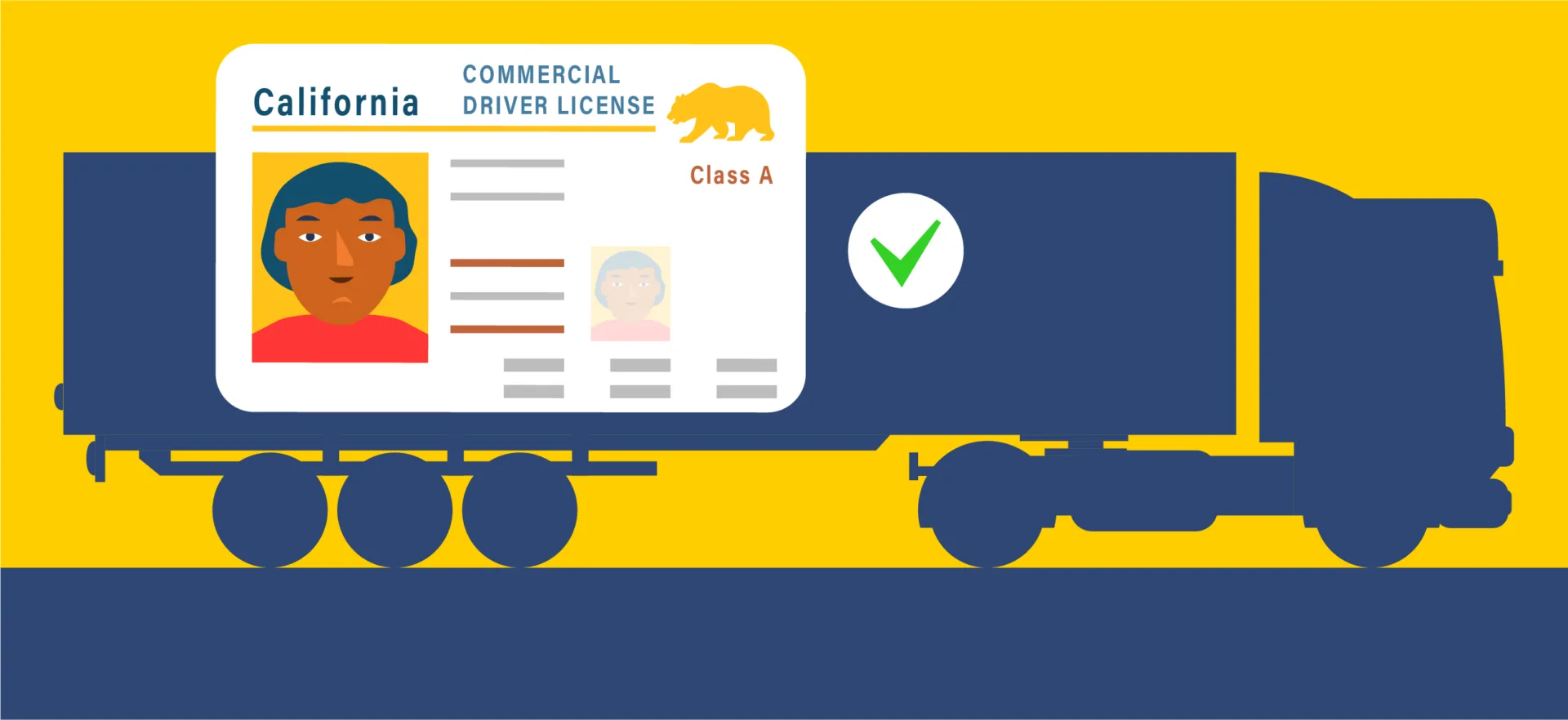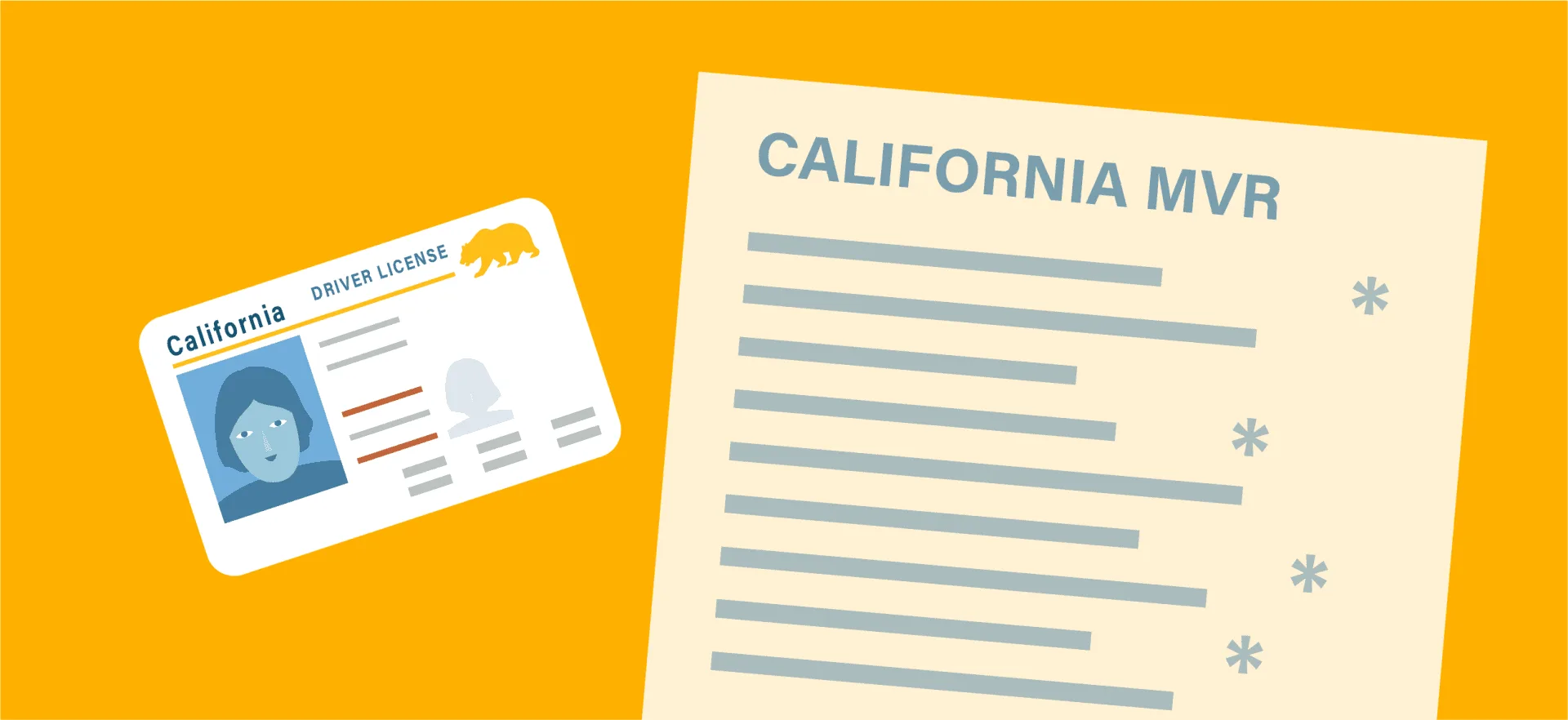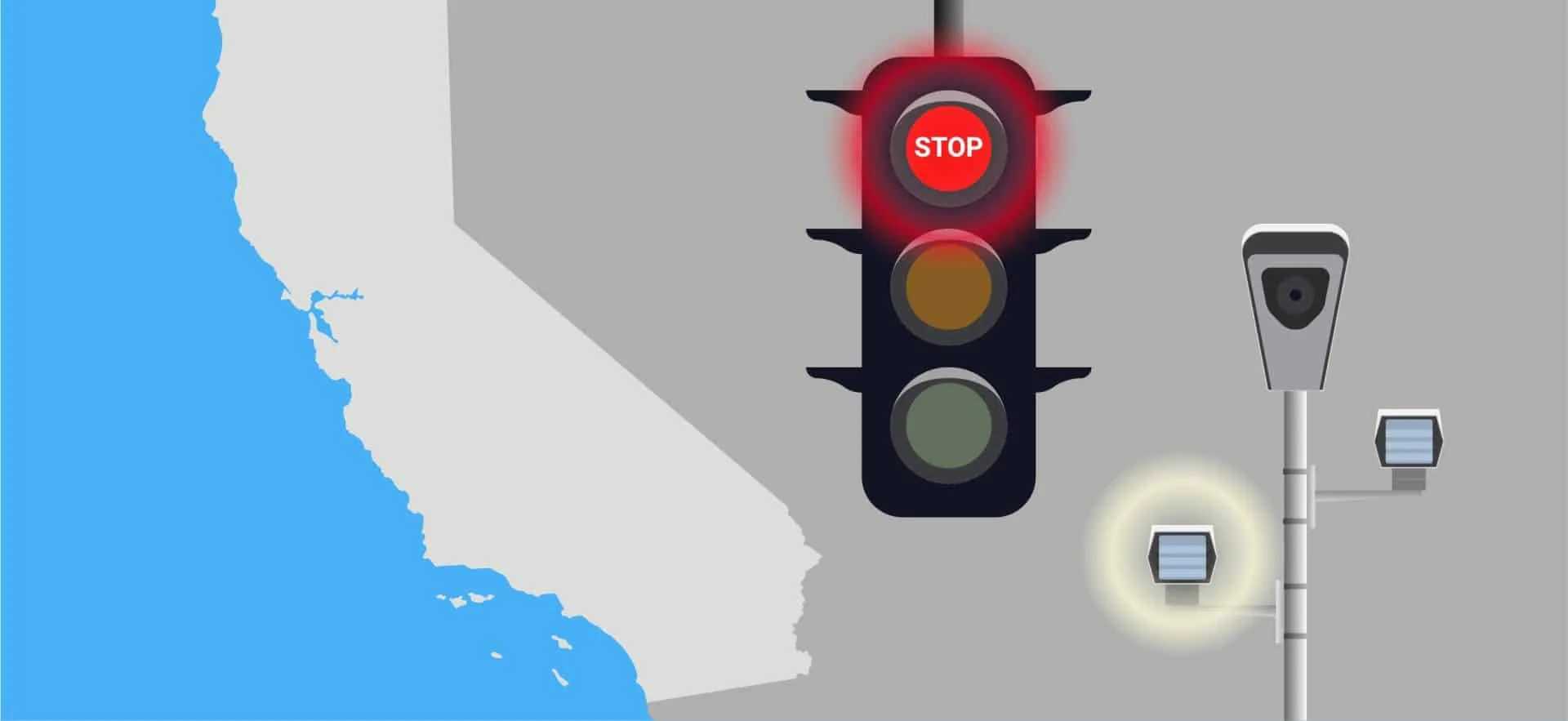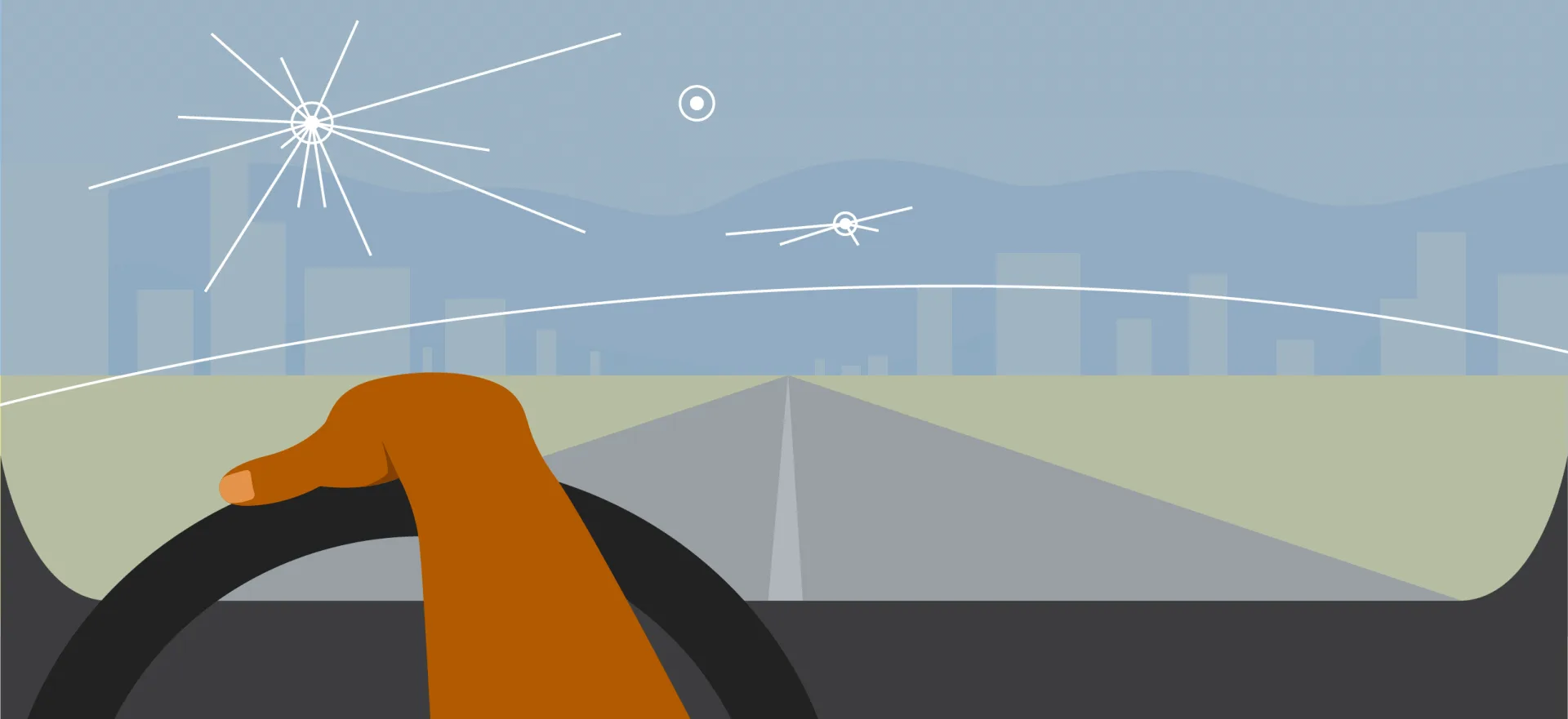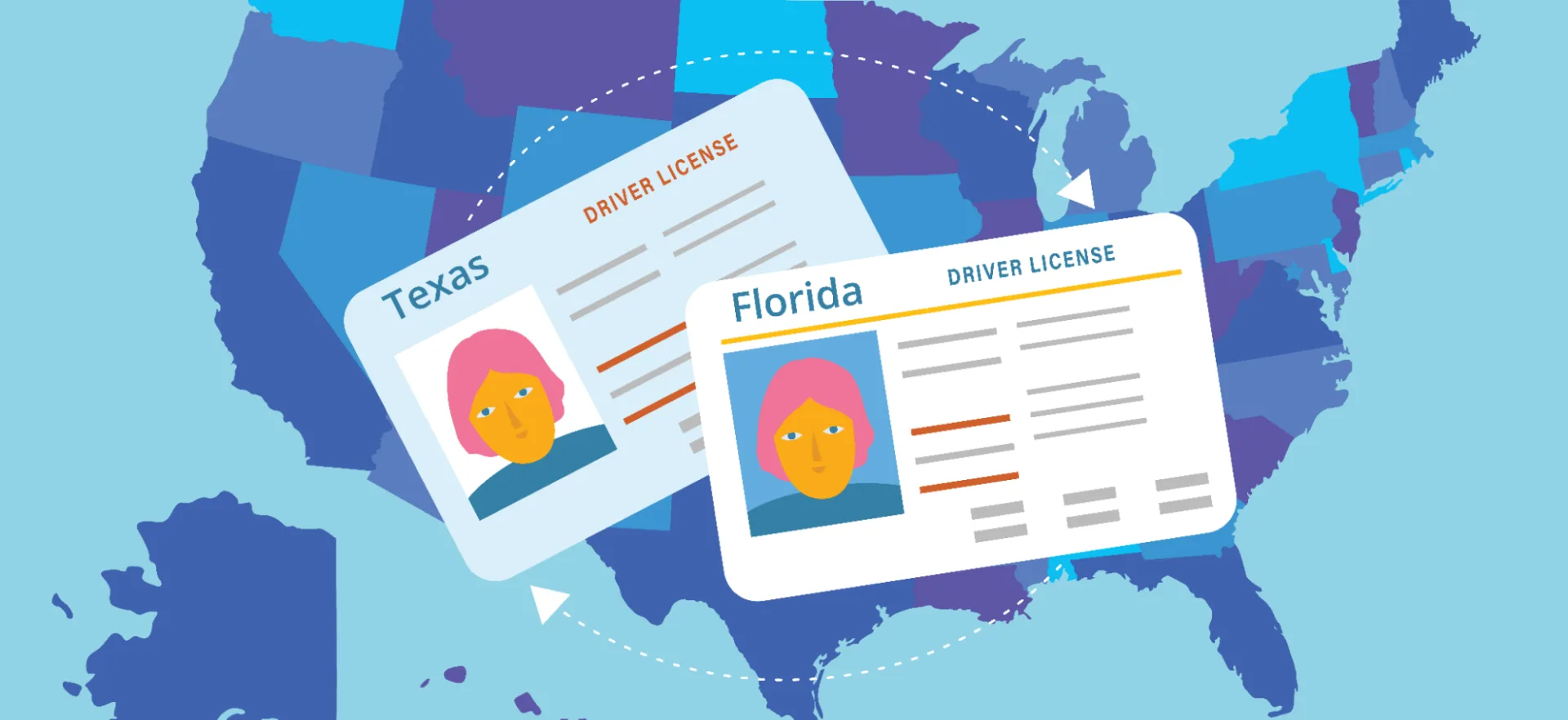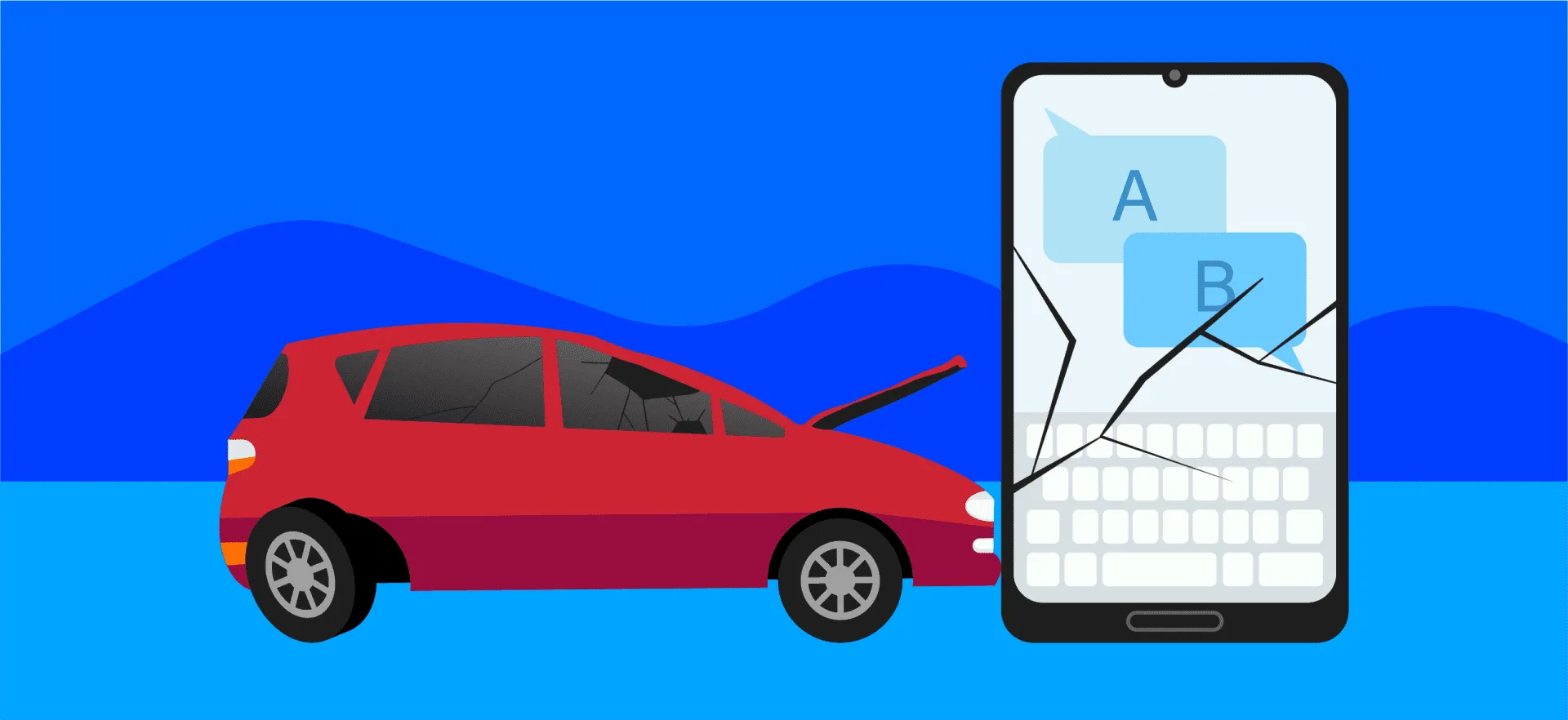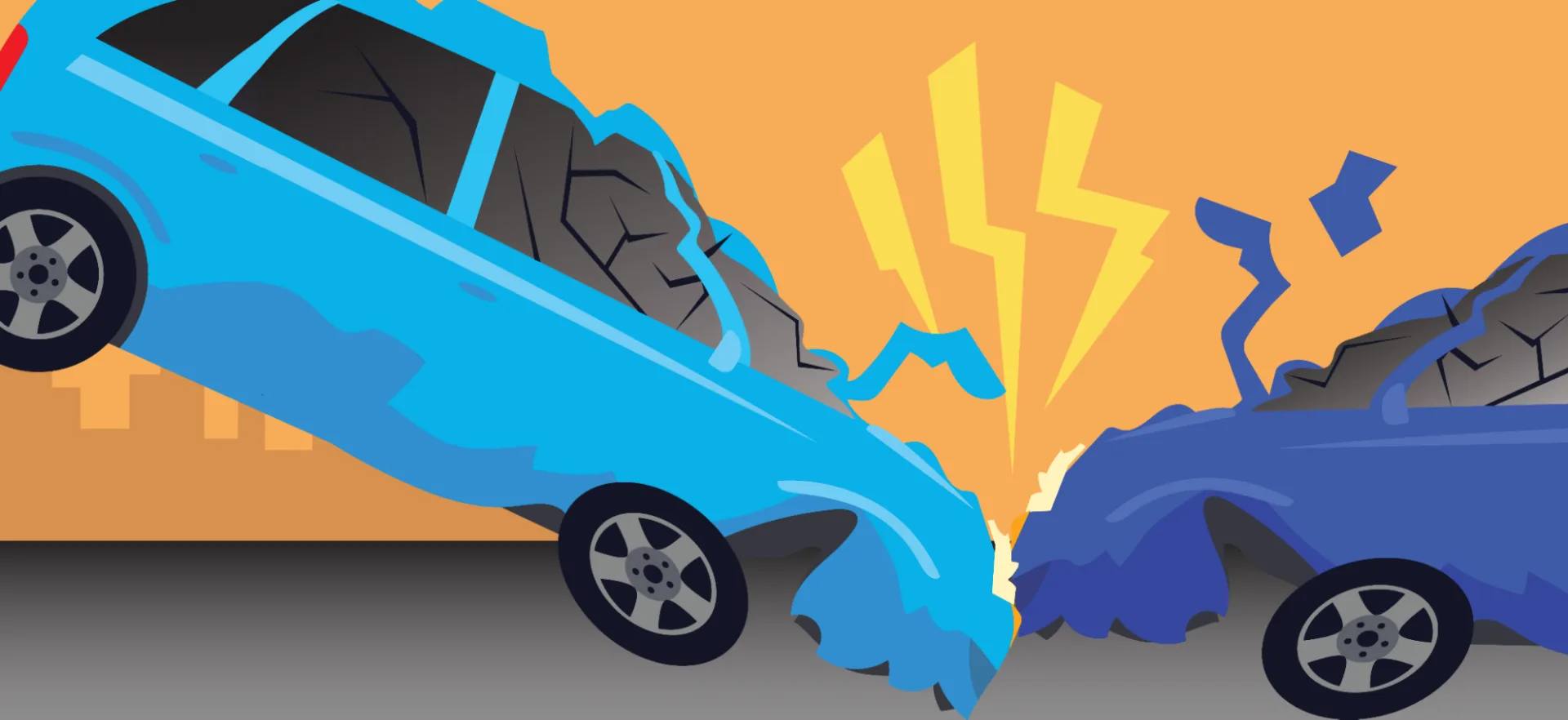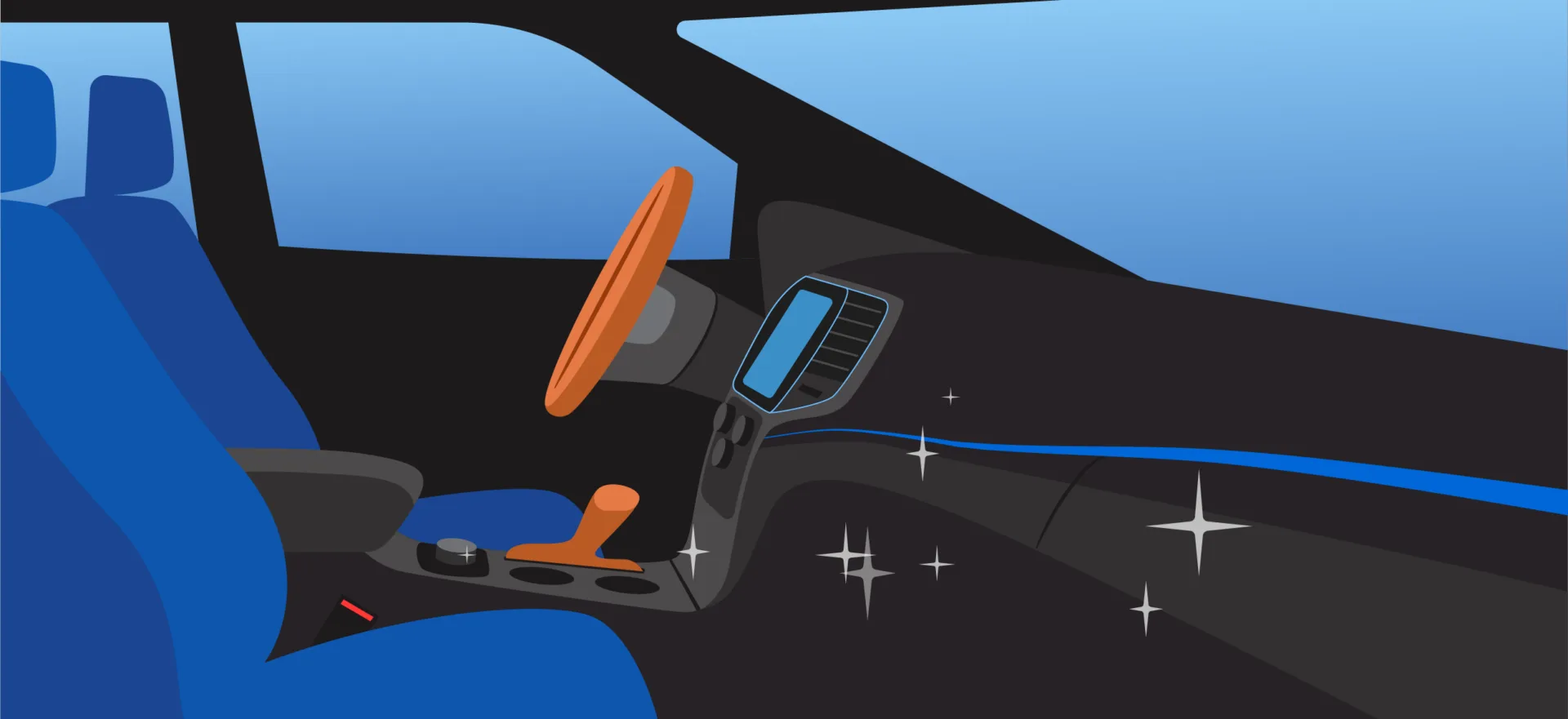In the modern era of speed enforcement, radar detectors have become increasingly popular for drivers looking to avoid costly speeding tickets. But how do radar detectors work, and what are the laws surrounding their usage?
We’ll delve into these topics and more as we list and review the top radar detectors out there.
Radar Detectors: What Are They and How Do They Work?
Radar detectors are devices drivers use to determine if their speed is being monitored by law enforcement through radar guns. They work by scanning the immediate vicinity for radio waves emitted by radar guns. When a radar detector picks up these radio waves, it alerts the driver, giving them time to adjust their speed before encountering a speed trap.
There are three types of radar detectors: corded, cordless, and remote-mounted. Corded detectors are usually mounted on the windshield, delivering the best range. Cordless detectors provide more portability, while remote-mount detectors are permanently mounted to your vehicle, offering a cleaner installation with less visibility.
The Best Radar Detectors: Our Top Picks
Now that you know a little more about how radar detectors work, let’s break down some of the best options in today’s market – here are our three favorites:
1. Best Overall Radar Detector: UNIDEN R8 Extreme
First, we have the R8 Extreme from UNIDEN, renowned as the best police radar detector on the market due to its exceptional long-range capabilities. This is the latest and greatest in UNIDEN’s long line of top-quality radar detectors.
One of the biggest improvements from the popular R7 model is the integration of an “Auto Sensitivity” mode. This feature is great for drivers who regularly deal with slower city traffic and don’t want to constantly manually adjust their detector. Along with this, you’ll also get a fantastic “Auto Mute” feature that remembers and automatically silences the usual false alert suspects. With a crystal clear display and easy setup, the R8 Extreme has earned its spot as the top radar detector on the market. In November 2024, Uniden also released its own native app, R/TACH, which is available for iOS and Android.
The only apparent downsides with UNIDEN’s flagship model are the higher price point, which may keep some buyers away.
2. Best LIDAR Detecting Radar: Valentine One V1 Gen 2
After nearly 30 years on the market, Valentine improved upon their popular V1 model with the hotly anticipated Gen 2. So how does it stack up? Although early models faced some hiccups, the consensus on the Gen 2 is that it has some of the best sensitivity on all bands and is full of welcome improvements. Along with great sensitivity and range, it’s also one of the best for detecting LIDAR scans. Some users have reported issues with mounting and integration with Valentine’s app. However, these issues don’t appear to affect the quality of reporting from the Gen 2.
Note, however, that as with all windshield mounted laser detectors, it may not provide alerts that are as timely as you might like.
3. Best High-Speed Radar Detector: Escort MAX 360c MKII
Don’t mind paying a little extra to get the best of the best? Escort’s MAX 360c MKII might be just what you’re looking for. This high-speed, auto-learning, long-range radar detector comes with whisper-quiet monitoring, Wi-Fi capability for connected cars, and access to a massive shared network of alerts. It’s also easy to put up and take down with a magnetic quick-release mount, so you don’t have to deal with fussy suction cups that never seem to want to stay on.
If you’re looking for reliable directional arrows, you should stick with the Valentine V1, as the arrows on the 360c have been reported as being difficult to read.
The Best Radar Detectors by Category
Are you looking for specific features or purchasing on a budget? Read on to discover the best radar detectors for a variety of price points and purposes.
1. Best Budget Radar Detector: Cobra RAD 480i
At only $150, it’s mind-boggling how Cobra could fit so many modern features into their RAD 480i model. With the longest range of any of Cobra’s models, Bluetooth capability, next-gen filtering for false alerts, and access to their iRadar app for traffic light camera data, few radar detectors can compare at the price point. Some issues have arisen from users due to frequent K-band alerts, leading to them needing to turn off K-band monitoring and possibly leaving themselves exposed. All things considered, if you’re looking for a first-time radar detector that’s user-friendly, the 480i is a safe and affordable bet.
2. Best Mid-Range Radar Detector: UNIDEN R3
Next, we have the UNIDEN R3, which significantly improves the R1 model by adding GPS integration for red light cameras and the ability to mark and ignore frequent false alerts. At around a $300 price tag, you’re getting the quality that UNIDEN is known for and a reliable, long-range radar detector. While the blind spot monitoring alerts and screen brightness could use a little work, there are a few mid-range options that are competitive. Remember that the R4 has recently been released, which improves upon the R3 in a few categories but costs about $100 more – if that additional charge doesn’t break the bank, consider getting the R4 instead.
3. Best High-End Radar Detector: Escort Redline 360c
Lastly, we have Escort’s latest and greatest – the Redline 360c. While it may come with nearly an $800 price tag, you’re definitely getting what you paid for. Users have noted that the 360c is incredibly efficient at filtering out false alerts from blind spot mirrors and automatic doors, making it a reliable choice on the road. If you’re concerned about detectability, the 360c is radar detector immune and won’t be picked up on scans. Other than the price tag, there is a tendency for false alerts from collision detection systems and no rear X-band detection, which may be a dealbreaker for some buyers.
4. Best GPS-Enabled Radar Detector: Whistler Titan
For a single-antenna radar detector, the Whistler Titan sure packs a punch. Released in time for the company’s fiftieth anniversary, it’s a testament to their years of industry experience. What sets their GPS functionality apart is the ability to use it alongside three separate city driving modes, three user profiles that can be endlessly customized, free firmware updates, and their newly integrated DSP platform, the latter of which has vastly improved range and functionality. For only $350, you get performance and features that you’d expect from a radar detector that’s nearly twice the cost.
5. Radar Detector with the Best False Alert Filtering: Radenso XP
In recent years, blind spot monitoring has become a standard feature in most new vehicles. As you may have picked up throughout this article, BSM is a huge problem for radar detectors and the usual culprit for false alerts. If you’ve had issues with false alerts with previous radar detectors, consider the affordable and long-range Radenso XP. Having recently undergone a price drop of nearly $100, there’s never been a better time to pick up one of these reliable detectors.
6. Best Radar Detector for Motorcycles: Adaptive Technologies TPX Pro
If you’re looking for a radar detector that works well with motorcycles, it’s best to purchase one that’s designed specifically with bikes in mind. Made sturdy, this detector can withstand everything from shock and water, so you can ride in almost any condition and expect things to function correctly.
It’s also the only option on this list that’s easy to mount on a bike, eliminating a common issue that riders face with typical windshield-mounted radar detectors. Users have reported issues with BSM filtering, so if you’re in an area with lots of vehicles with this feature, you may want to consider the Radenso XP instead – you’ll just need to get a little creative with mounting.
Traffic school can help you keep a clean driving record, prevent insurance increases, and more!
Types of Radar Detector Bands
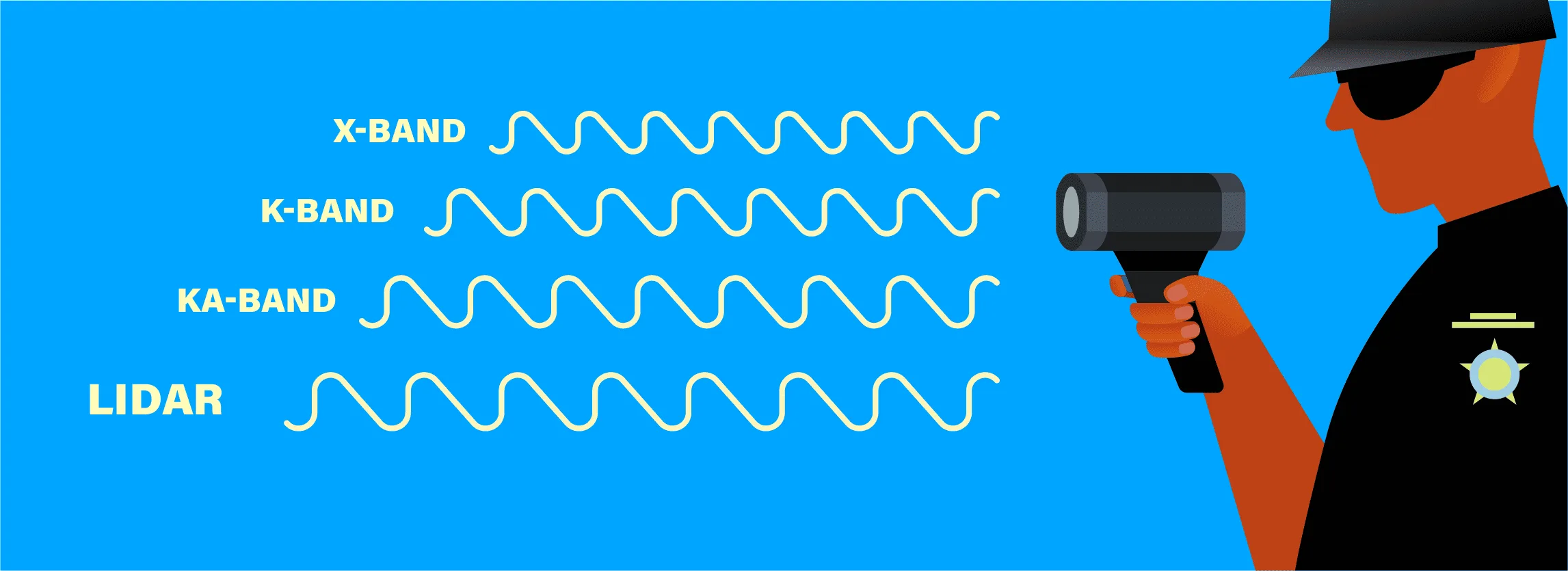
Radar guns emit different frequencies in big waves to find your vehicle and report your speed and location. With these more comprehensive frequencies from the X, K, and Ka-bands, radar detectors can pick up on them and notify the driver before the information is transmitted back to the officer’s radar gun.
Typically, this is done through the use of both visual and audio alerts, giving the driver the time to adjust and reduce their speed. Additionally, more advanced radar detectives will have added features that can further “jam” or disrupt the signal sent from the radar gun or LIDAR gun.
- X-Band: These are the oldest style of radars, operating between 8GHz and 12GHz. While they’re rarely used, some rural areas haven’t been able to upgrade to newer technology and still use X-band radar guns – so it’s better to monitor these types of radio waves just to be safe.
- K-Band: Most radar guns used by law enforcement operate at 24.125 and 24.15GHz. These are typically more difficult to detect and are the most common perpetrators of false alerts due to the K-band used for garage door openers and blind-spot monitoring tech in newer vehicles.
- Ka-Band: Top-of-the-line law enforcement radar guns use Ka-band, which can actually operate on up to five different bands! These are the hardest to detect and are almost exclusively used by law enforcement, so false alerts in the Ka-band are exceptionally rare.
- LIDAR: Unlike the frequencies above, many new law enforcement radar guns operate with LIDAR detection. These use laser light in a focused beam to read the speed of vehicles but require a closer and more targeted approach. This band is not commonly used in the U.S. but is used in parts of Europe and Asia.
Factors to Consider When Choosing Radar Detectors
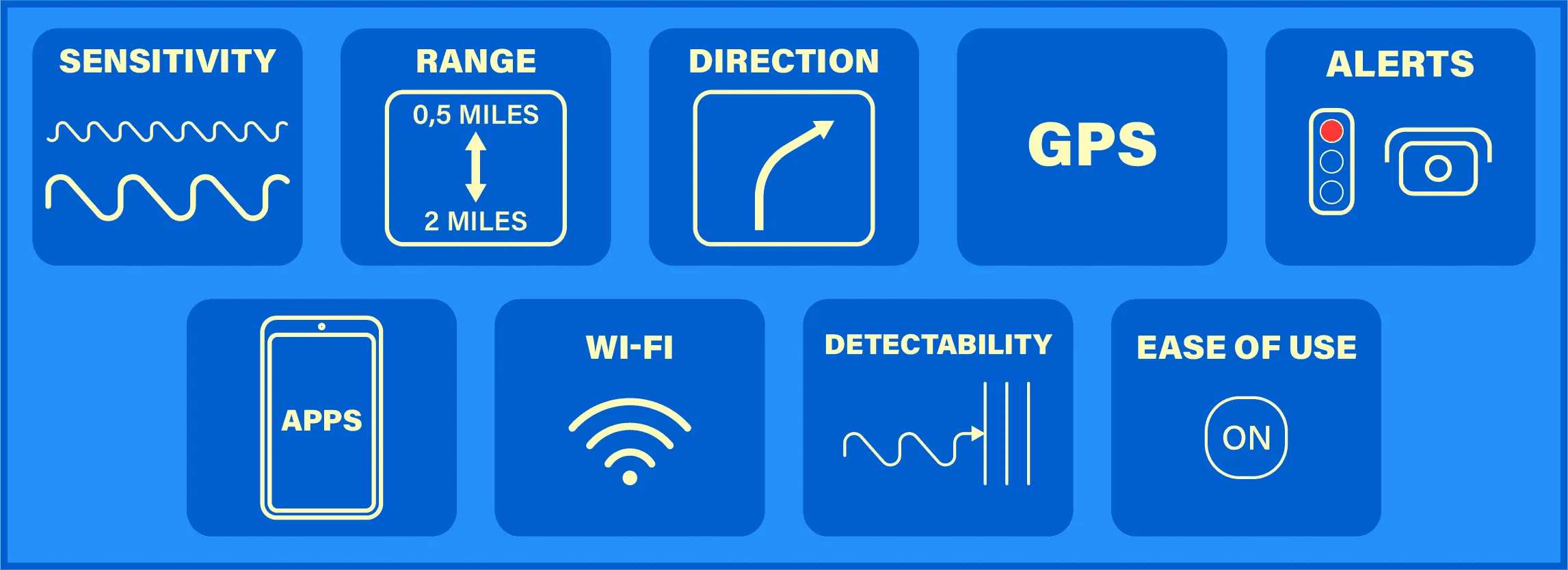
When picking out a radar detector, it’s first good to know what’s commonly used for speed enforcement in your region or jurisdiction (a quick Google search should suffice). You should also consider these features that are typically found on most modern radar detectors:
- Sensitivity: Refers to how acutely your radar detector will pick up on incoming radio signals. Many modern detectors offer both “highway” and “city” driving options because when driving at slower speeds in a city, you won’t want to pick up and be constantly alerted to the more abundant X-band signals from automatic door openers and other unrelated devices. Keeping your device on “highway” or “advanced” sensitivity while on the open road will keep the receiver wide open to detect all bands.
- Detection Range: Most police radar guns can detect a vehicle’s speed from roughly half a mile to two miles. Choose a radar detector matching or surpassing this range for optimal performance.
- Directional Detection: Modern radar detectors are equipped with directional detection, a feature that displays an arrow pointing toward the signal source. This tool can be invaluable in evading speed traps.
- GPS: Newer radar detectors use built-in GPS systems to log and remember common false alerts during your daily drives. This means you won’t have to deal with being alerted by a local retail store’s automatic doors every time you drive past.
- False Alert Filtering: As X-band and K-band frequencies find more use in daily technologies, radar detectors have upped their game to differentiate between these signals and genuine speed gun alerts.
- Red Light and Speed Camera Alerts: Along with law enforcement officers posted up with radar guns, many jurisdictions passively enforce speed through speed and red light cameras. Premium detectors have a preloaded database of such camera locations for your convenience.
- App Compatibility: Instead of being preloaded with red light and speed camera locations, some radar detectors can pair with a variety of smartphone apps that use public or community information to share the location of patrols or cameras. Bluetooth technology enables this feature by establishing a connection between your phone and the detector.
- Wi-Fi: To keep up with the latest firmware updates and keep your list of red light and speed cameras up to date, you’ll need to update the software on your radar detector occasionally. There are, however, some radar detectors with built-in Wi-Fi capabilities so they can always stay current.
- Stealth: Some of the best radar detectors can outsmart radar detector detectors (RDDs) used by law enforcement thanks to their built-in stealth technology.
- User-Friendliness: Radar detectors come in many shapes and sizes and are customizable. This can make some of them a little less user-friendly – for a first-time user, finding an easy “plug and play” model is recommended.
The Legal Aspects of Using Radar Detectors
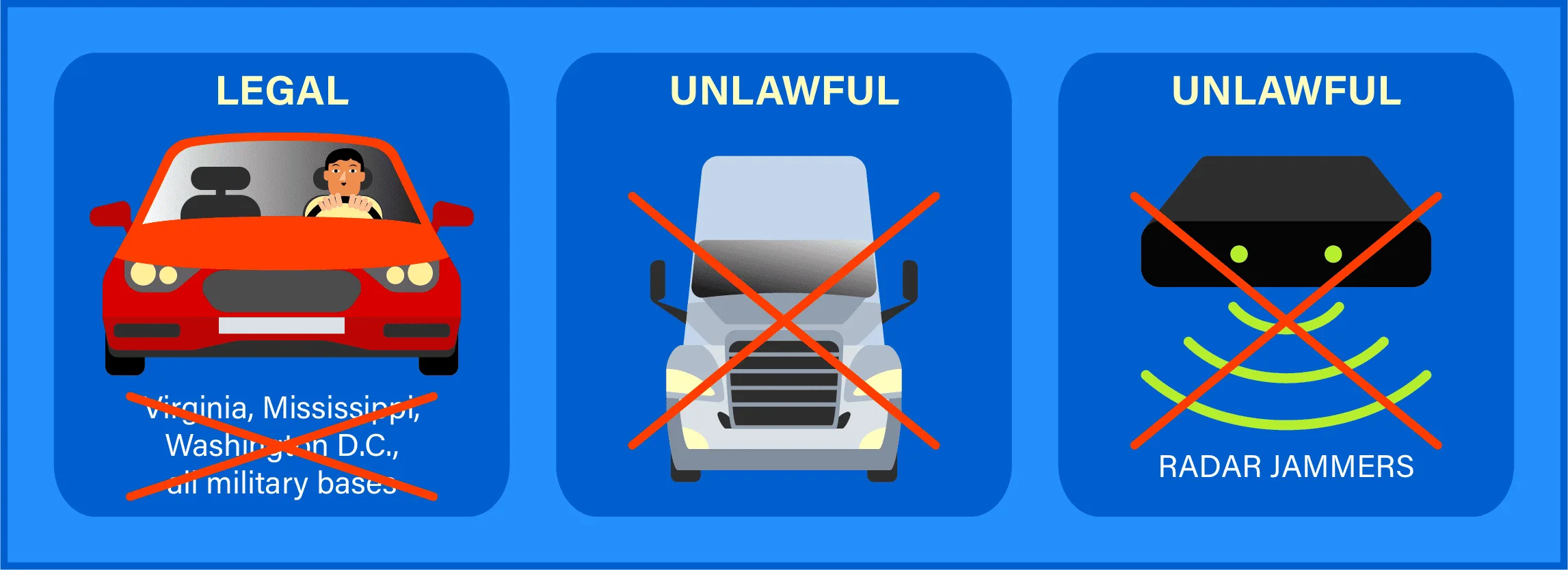
Despite their utility, radar detectors are not legal in all regions. Before investing in a radar detector, it’s crucial to understand the laws surrounding radar detector use in your local area and the areas where you frequently drive.
In the United States, using radar detectors for a personal vehicle is legal in most states, except for Virginia, Mississippi, Washington D.C., and on all military bases. According to Wise Voter, using a radar detector in these states can result in fines of up to $200 and possibly a misdemeanor charge. While it is legal to possess a radar detector, it is important to note that their use in certain situations may still be illegal.
For instance, commercial vehicle drivers (truck drivers, for example) are prohibited from using radar detectors in any state. Additionally, some states, such as California and Minnesota, may have laws against mounting certain items on your dashboard or windshield. In this case, a small rear-view mirror-mounted radar detector should still be okay to use.
Radar jammers are illegal in all fifty states and can result in hefty fines and possibly imprisonment. This is because they actively disrupt law enforcement and emergency communication equipment. Similarly, World Population Review reports that laser jammers are also considered illegal in these states: California, Colorado, the District of Columbia, Illinois, Minnesota, Nebraska, Oklahoma, South Carolina, Tennessee, Texas, Utah, and Virginia.
Do Cops Care About Radar Detectors?
The attitude of law enforcement towards radar detectors can vary. Some officers might see them as tools for evading the law, while others may be indifferent as long as drivers are adhering to speed limits. It’s essential to remember that while radar detectors are legal in many places, their usage can draw attention, and any behavior that disrespects traffic laws can lead to penalties.
Radar Detectors in California
Are radar detectors legal in California? This is a common question among drivers in the Golden State. As of 2024, the use of radar detectors in private vehicles is indeed legal in California. However, it’s essential to be aware of the state’s specific regulations to ensure you’re in compliance.
Legality and Limitations
While radar detectors are legal in California, it’s worth noting that radar jammers and laser jammers are not permitted. These devices, designed to interfere with speed detection equipment, are illegal under both state and federal laws. Commercial vehicle drivers are prohibited from using radar detectors in California.
Optimal Mounting of Radar Detectors in California
California’s vehicle code stipulates that placing any object that obstructs the driver’s view of the road is illegal. This includes the placement of radar detectors on the windshield if they impede visibility. For legal compliance, it’s essential to mount your radar detector in a location that does not obstruct your view.
Recommended Mounting Locations
- Dashboard Mounting: A common and legal option is mounting the radar detector on the dashboard. This position keeps the device within easy view and reach without obstructing the windshield. Ensure that the device is securely mounted to avoid any movement while driving.
- Rear-View Mirror Mounting: Some drivers prefer attaching their radar detectors to the rear-view mirror. This position can be advantageous as it places the detector high in the vehicle, offering a clear view for detecting signals. However, it’s crucial to ensure that this does not interfere with your view of the road.
- Vent Mounting: Another viable option is using a vent mount. This method keeps the radar detector off the windshield and dashboard, minimizing obstruction. However, the placement should be such that it does not block your view or the functionality of the vehicle’s controls.
Are Radar Detectors Legal in Texas?
In Texas, the use of radar detectors is legal for non-commercial vehicles. Remember, the use of radar and laser jammers in Texas is considered illegal.
Are Radar Detectors Legal In Colorado?
In Colorado, radar detectors are allowed for personal cars but not for commercial vehicles. However, laws can change, so it’s always smart to double-check with local rules or ask local police if you’re unsure.




